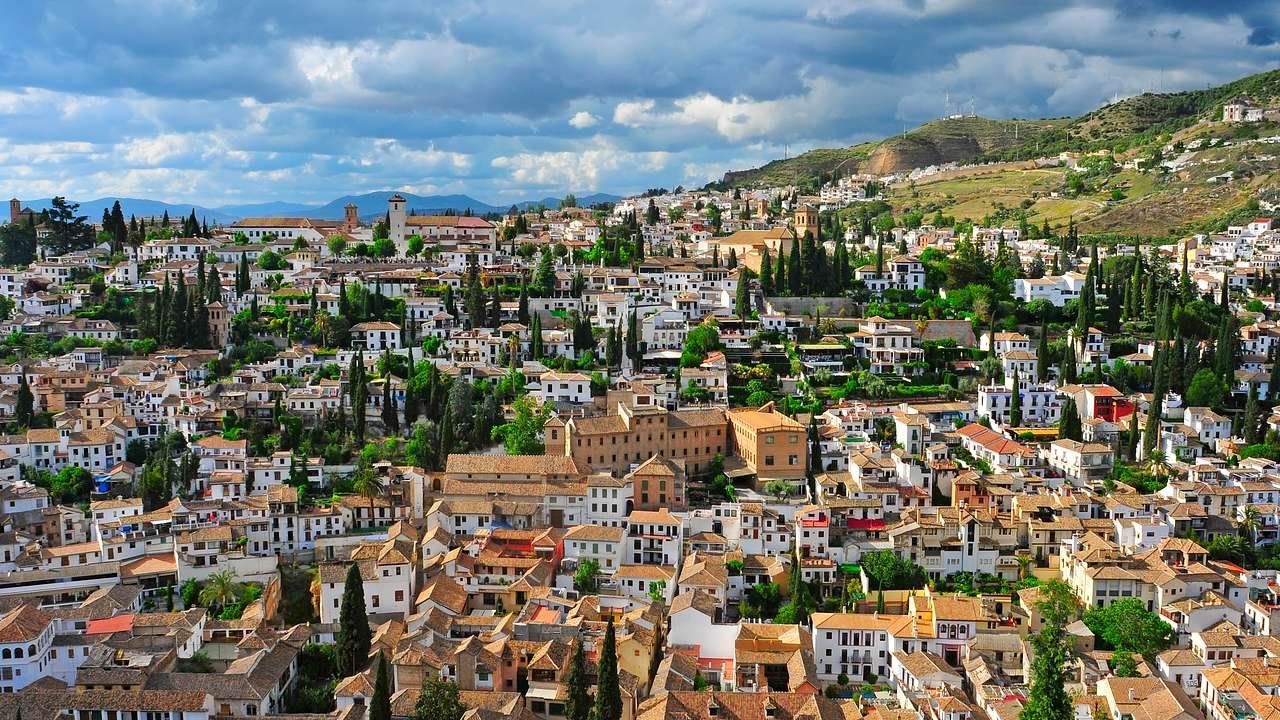
Culture
Culture is the foundation of an individual or group’s existence. It can distinguish one group from another, but also relate groups typically thought of as different. Due to their geographic proximity and political history, Spaniards and Moroccans—particularly those in southern Spain and northern Morocco—share culture. This culture can be experienced through language, music, and food. For example, many Moroccan refugees arrive in Spain already knowing Spanish. Musicians who arrive as refugees practice their craft as a means of cultural integration; flamenco, which originated in southern Spain, is heavily influenced by Moroccan and Middle Eastern music and dance.
While Moroccan refugees share some pieces of culture with their host country counterparts, deep cultural differences divide the two. Unlike Spaniards, Moroccans come from a collectivist culture—often prioritizing the family and others above themselves. Moroccans practice high-context communication in an effort to avoid direct confrontation, save face, and protect familial honor. After settling, Moroccan refugees must adapt to Spain’s high uncertainty avoidance and low power distance—both of which are unfamiliar within Moroccan society. As their lives in Spain continue to evolve, Moroccan refugees decide, individually, how much of each culture to embrace and reject.
